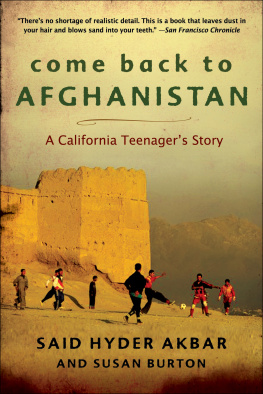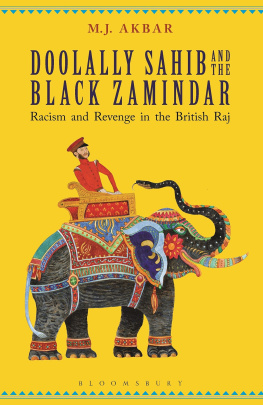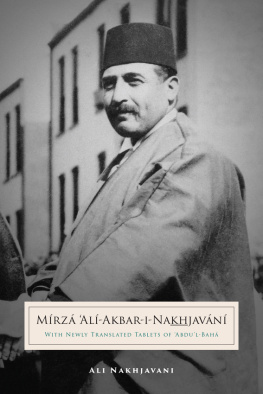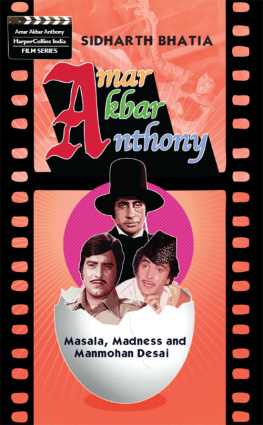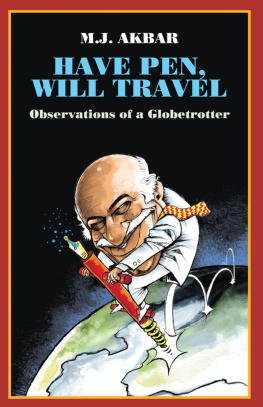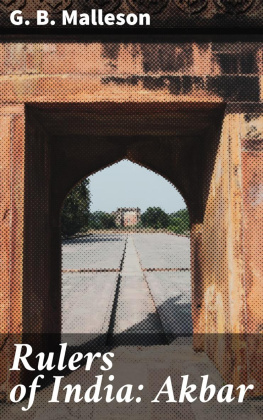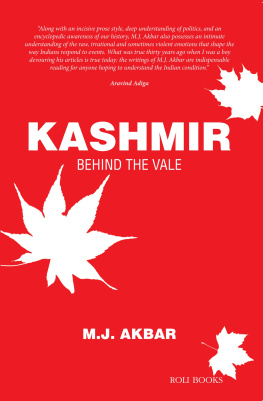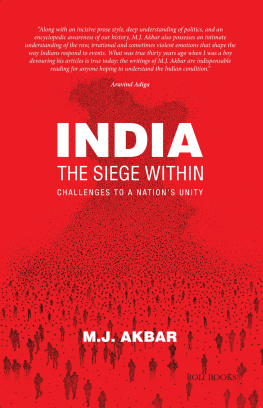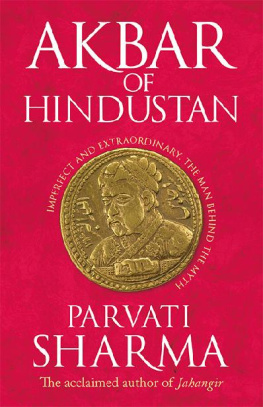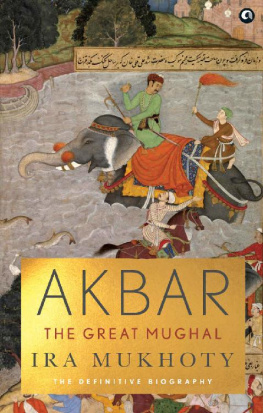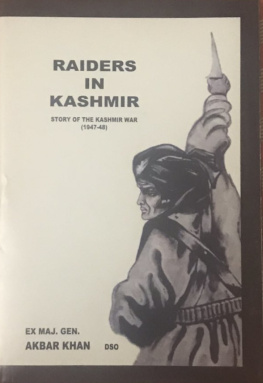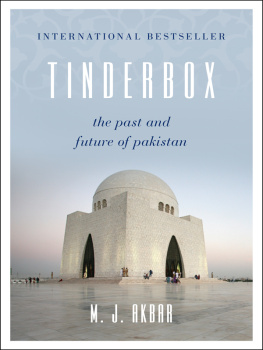Come Back
to Afghanistan
Trying to Rebuild a Country with
My Father, My Brother, My One-Eyed Uncle,
Bearded Tribesmen, and President Karzai
SAID HYDER AKBAR
and Susan Burton
BLOOMSBURY
For my parents, Nadera Akbar and Said Fazel Akbar, to whom I will be forever indebted.
And for Abdul Haq, Said Bahauddin Majrooh, and the countless heroes who gave their lives for Afghanistan.
Copyright 2005 by Said Hyder Akbar and Susan Burton
All rights reserved. No part of this book may be used or reproduced in any manner whatsoever without written permission from the publisher except in the case of brief quotations embodied in critical articles or reviews. For information address Bloomsbury USA, 175 Fifth Avenue, New York, NY 10010.
"Love Rescue Me" by Paul Hewson, Dave Evans, Adam Clayton, Larry Mullen.
1988 by PolyGram International Music Publishing, B.V.
All rights in the United States administered by Universal-PolyGram
International Publishing/ASCAP. Used by permission. All rights reserved.
"Stand," by John M. Stipe, Michael E. Mills, Peter L. Buck, and William T. Berry.
1988 Night Garden Music. All rights on behalf of Night Garden Music, administered by Alfred Publishing Co., Inc. All rights reserved. Used by permission.
Published by Bloomsbury USA, New York
Distributed to the trade by Holtzbrinck Publishers
All papers used by Bloomsbury USA are natural, recyclable products made from wood grown in well-managed forests. The manufacturing processes conform to the environmental regulations of the country of origin.
The Library of Congress has cataloged the hardcover edition of this book as follows:
Akbar, Said Hyder.
Come back to Afghanistan : a California teenager's story / by Said Hyder Akbar and Susan Burton.1st U.S. ed.
p. cm.
eISBN: 978-1-59691-997-6
1. AfghanistanDescription and travel. 2. AfghanistanPolitics and government2001 3. AfghanistanHistory. 4. Akbar, Said HyderTravelAfghanistan. I. Burton, Susan, 1973- II. Title.
DS352.A39 2005
958.104'7dc22
2005009249
First published in the United States by Bloomsbury in 2005
This paperback edition published in 2006
3 5 7 9 10 8 6 4 2
Typeset by Westchester Book Group
Printed in the United States of America
by Quebecor World Fairfield
Come Back
to Afghanistan
Sta de ishq de tveeno daq sho zegaronah
Sta pub meena ke byley zalmey saronah
Ta tub rasbema zergai ze mah farigh shey
Bey ley ta mai andekhney de zlar maronab
De Delhi takht bayrawooma chey rayad hum
Ze mah de khweley Pashtunkhwa de ghru saronah
Ke tamamah dunya yohkhwa tu belkhwa ay
Ze mah khwakh dey sta khali tush dagaronah
By blood, we are immersed in love of you.
The youth lose their heads for your sake.
I come to you and my heart finds rest.
Away from you, grief clings to my heart like a snake.
I forget the throne of Delhi
When I remember the mountaintops of my Pashtun land.
If I must choose between the world and you,
I shall not hesitate to claim your barren deserts as my own.
Ahmed Shah Durrani (1722-72),
the founding father of modern Afghanistan
Contents
NADERA AKBAR: my mother
SAID ALI AKBAR (ALI): my nephew (Omar and Sofia's son)
SAID FAZEL AKBAR: my father; President Hamid Karzai's spokesman and, later, governor of Kunar
SAID OMAR AKBAR (OMAR): my brother
SOFIA AKBAR: my sister-in-law
ZULIKHA AKBAR: my sister
ABDULLAH ALI: my uncle; succeeded Haji Qadir as Minister of Public Works
HAZRAT ALI: warlord bolstered by the Americans; security chief of Jalalabad
JAHAN DAD: warlord; former governor of Kunar
"MARBLE" JAHAN DAD: detained by the Americans for unknown reasons
RASHID DOSTUM: warlord from the north; said to have crushed prisoners with tanks
MUHAMMAD FAHIM: defense minister; Panjshiri
ABDUL HAQ: mujahedeen commander executed by the Taliban after 9/11; family friend
JALLALUDDIN HAQQANI: mujahedeen commander now wanted by the Americans; my father and brother traveled with him during the resistance
GULBIDDIN HEKMATYAR: supported by the ISI during the Soviet war; extremist troublemaker whose efforts have continued since 9/11
MR. HUNTER: State Department representative stationed at the Asadabad base
ALI AHMED JALALI: interior minister
HAMID KARZAI: president of Afghanistan
ZALMAY KHALILZAD: U.S. special envoy to Afghanistan
DAOUD KHAN: brother of King Zahir Shah; killed by Communists in 1978 coup
ISMAIL KHAN: warlord and governor of Herat
NARAY LALA: my cousin and companion in Tora Bora
SAID BAHAUDDIN MAJROOH: Said Shamsuddin Majrooh's son; poet, scholar; assassinated in 1988
SAID SHAMSUDDIN MAJROOH (BABA): my father's great-uncle; architect of 1964 constitution; justice minister
WALID MAJROOH: Said Shamsuddin Majrooh's grandson
GHOUSOUDIN MAMA: Rauf Mama's brother
RAUF MAMA: my uncle who lost an eye in the Soviet war; former front-line commander of Kunar's Wahhabi party
AHMED SHAH MASSOUD: Northern Alliance leader assassinated on September 9,2001
HAJI DIN MUHAMMAD: brother of Abdul Haq and Haji Qadir; succeeded Haji Qadir as governor of Nangarhar
SAID AHMED PACHA: my mother's father
SHAL PACHA: my father's grandfather
DAVE PASSARO: CIA contractor accused of assaulting Abdul Wali
HAJI QADIR: brother of Abdul Haq and Haji Din Muhammad; vice president of Afghanistan; assassinated in July 2002
YUNUS QANOONI: education minister; Panjshiri
BURHANUDDIN RABBANI: former president of Afghanistan; lives in the northern province of Badakhshan
RUHULLAH: adversary of my father's; imprisoned at Guantanamo for alleged connections to Al Qaeda
SALAAM: Rauf Mama's son
SARTOR: our driver and close family friend
ZAHIR SHAH: former king of Afghanistan
GUL AGHA SHIRZAI: warlord and governor of Kandahar
SHOHAB: Rauf Mama's nephew
COLONEL THOMAS: head of Kunar's Provincial Reconstruction Team (PRT)
ABDUL WALI: prisoner who died in U.S. custody in June 2003
SHAH WALI: accused of extortion by Kurangal villagers
YOSSEF: my father's aide
AHMED ZAHIR: famous Afghan singer from the 1970s
MALIK ZARIN: Kunar warlord and commander of the Ninth Division
Kabul International Airport,
August 2003
T HE LETTERS LOOK LIKE they are going to fall off the airport. That's what you notice as you approach the terminal by car. By air the approach inspires even less confidence: you fly over rugged mountains only to arrive at a field littered with airplane parts. You descend right into this dump. Taxiing toward the terminal along a U-shaped runway, you take in the wreckage strewn across the grass: planes with pieces snapped off, a huge wing all by itself, a crashed helicopter.
You know, rationally, that these were shot down or bombed. But the scene is so surreal that you wonder, Who put these things here? It doesn't look like something humans could have done. Instead you picture a giant monster stomping down the runway, scooping up everything in its path, crumpling the aircrafts and hurling them to the ground like garbage.
You realize immediately that this is a different kind of airport.
Today I'm driving to Kabul International in a white Ford Ranger pickup with my dad. Afghanistan is scruffy in the summer; the place just keeps kicking up dust. But you can't always tell from pictures: in a video I show to the rest of my family back in California, the air looks brisk and clean. I don't understand where the dust goes, how it disappears. When you're here, it's impossible to ignore: from the powdery ground up, the country is constantly on the verge of falling apart.
Next page
